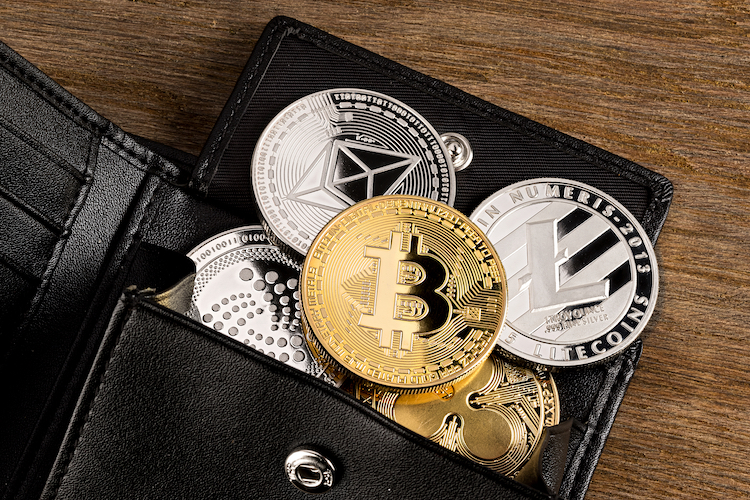How Cryptocurrency Cold Storage Wallets Work
When it comes to the best way to protect your bitcoin from theft, fraud, and hacking, don’t be left out in the cold. As the usage and acceptance of virtual currencies has increased, so has the need to develop and maintain methods of keeping these types of currencies safe.
Users of virtual currency are faced with the decision about how to protect and store bitcoins and other cryptocurrency tokens in the safest, most secure way while still having easy access to them. The difficulty lies in the fact that bitcoin and the like can’t be stored in the same way as physical money, like dollar bills. That’s where bitcoin wallets and cold storage come in.

Bitcoin Wallets
Bitcoin wallets are a storage device for cryptocurrency tokens; however, most wallets of this kind are not physical items and neither are the bitcoins they hold. Bitcoin wallets are digital storage tools that have a public and a private key, which are strings of cryptographic characters that are necessary to complete bitcoin transfers to or from a bitcoin wallet.
The public key identifies the wallet so that other parties know where to transfer coins during a transaction, while the private key is the wallet owner’s private access code. Much like a password, the private key ensures others cannot access the bitcoin stored in the wallet. Methods of securing a bitcoin wallet include backup, encryptions, multisig, and cold storage. Encryption requires the use of a strong password, backup involves making a backup of the wallet, and multisig is based on a transaction system that requires the approval of at least two or three people to release funds. Cold storage offers not only a strong level of protection but also a means of maintaining owner access to a wallet even after a security breach has occurred.

Basics Of Cold Storage
If a private key is stolen or intercepted, there’s not much a wallet owner can do to regain access to the coins. Cold storage offers a security solution viewed as more effective than a traditional wallet as it keeps bitcoins offline, which significantly reduces the threat of hacking.
On the downside, cold storage makes it more difficult for users to access their coins quickly and easily. As a result, many bitcoin owners opt to keep some of their tokens in a standard wallet for regular spending and leave the remainder in cold storage. This practice of splitting coin reserves in two places is typically employed by exchanges that buy and sell cryptocurrencies.

Hardware, Sound, and Paper Wallets
Wallet keys can be kept on hardware storage devices such as a USB drive. Keeping these types of devices in a deposit box or storage facility adds yet another layer of safekeeping, and most small devices of this type are water and virus proof. Additionally, hardware wallets are a convenient means of sending and receiving virtual currency, and have a QR code scan camera and a micro storage device.
A sound technology wallet keeps the private keys encrypted in sound files in products like vinyl disks and compact discs (CDs). Codes can be deciphered using a high-resolution spectroscope or a spectroscope app.
A paper wallet involves the printing of the wallet’s public and private keys on paper; in addition, a paper wallet may contain a QR code that can be scanned and added to a software wallet to make quicker and easier transactions. Encrypting and duplicating the paper wallet adds a level of security.
Deep Cold Storage
Deep cold storage was introduced by a London-based company looking to provide the dependability of a bank vault for securing bitcoin wallet keys. Insured by underwriting that provides protection against the loss or theft of bitcoins, deep cold storage requires proof of identity and address of the person seeking the service.
